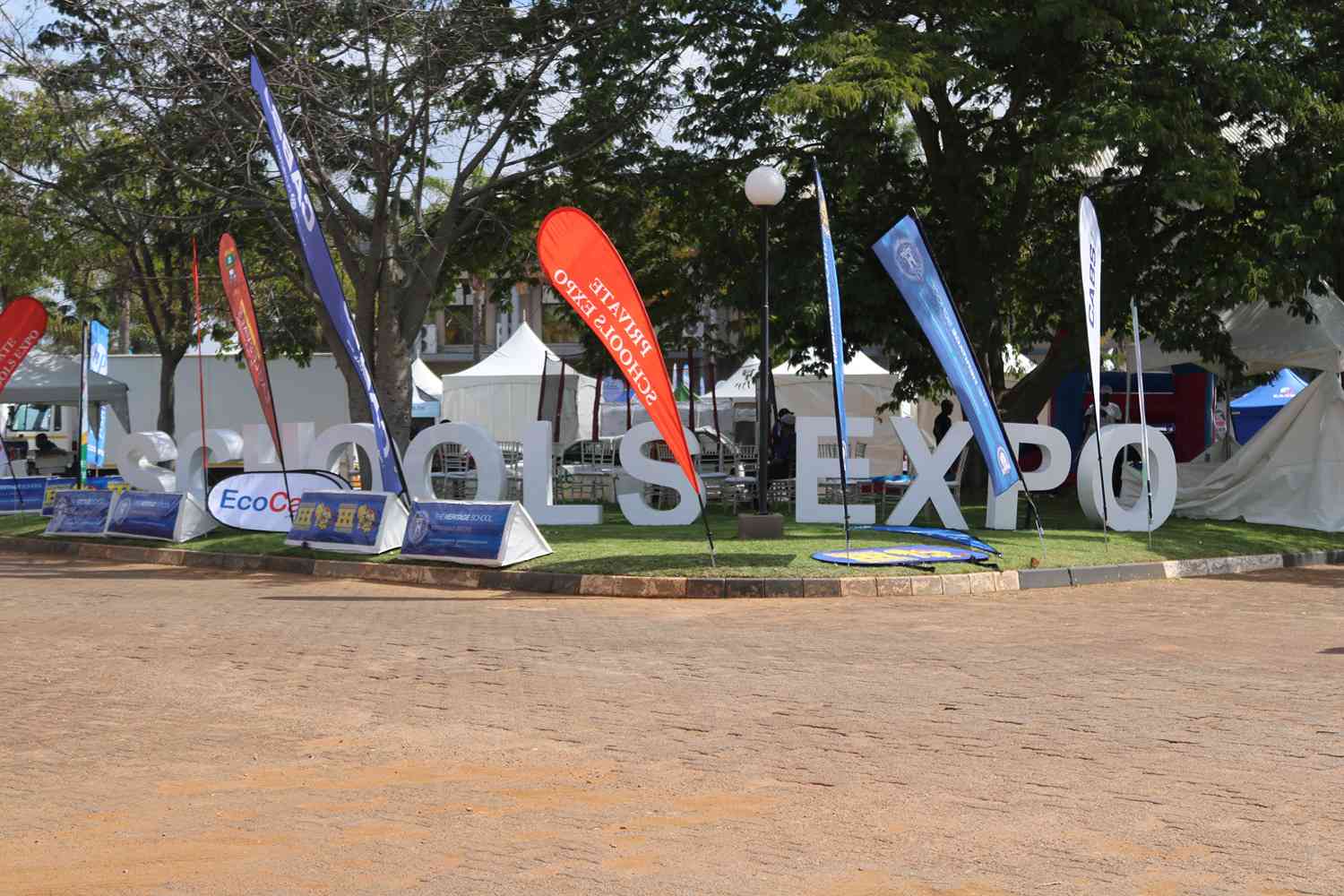
By Tadiwa Nyatanga-Pfupa
The National Aids Council and partners recently held a meeting with members of the National Assembly and Senate. The objective of the meeting was to unpack the Zimbabwe Constitution to enable legislators review laws and policies related to adolescent girls and young women, key populations and prisoners.
The Parliament of Zimbabwe has over the years been engaged to sensitise legislators on the response to HIV. These interactions are aimed at enabling the group to formulate policies and legislation from an informed perspective.
Engagements such as this one, have seen various motions regarding HIV and Aids being moved and ultimately becoming laws.
Increased knowledge about the Constitution of Zimbabwe and the legal and policy provisions in relation to health and HIV focusing on adolescent girls and young women and key populations
It is hoped that after these engagements, there will be increased understanding of issues and challenges in the current context, increased appreciation of key health and HIV issues facing persons in prison and determine areas for high-level advocacy and activities for parliament as well as increased knowledge and understanding of issues and challenges as regards the age of consent to HIV and health services and how it impacts on access to health care services by young people, and key populations.
One of the ultimate expectations is also that there will be an appreciation of progress in terms of advocacy and actions towards addressing “age of consent to health services” in the country.
The team visited several sites that provide services to key populations.
- Chamisa under fire over US$120K donation
- Mavhunga puts DeMbare into Chibuku quarterfinals
- Pension funds bet on Cabora Bassa oilfields
- Councils defy govt fire tender directive
Keep Reading
Parliamentary Portfolio Committees on Health and Child Care, Justice, Legal and Parliamentary Affairs, Women Affairs, Gender and Community Development and Thematic Committee on Key Populations (Inmates, Sex Workers, LGBTI), Sexual and Reproductive Health and Rights and Young People participated in the planned activities of the meeting.
The meeting was supported by the UN family, WHO, AHF and the Health and Child Care ministry.











